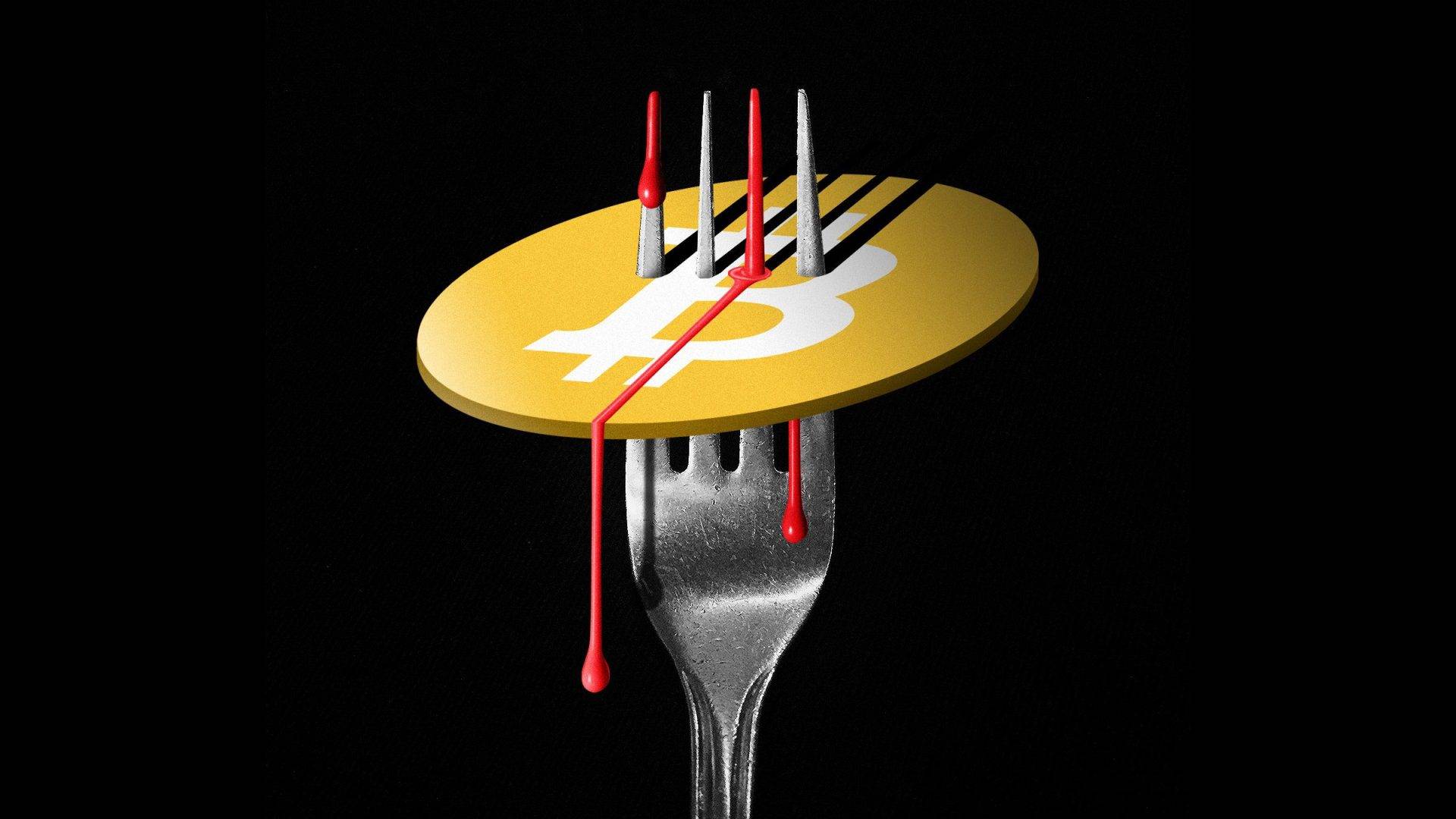As Bitcoin Scales All-Time-Highs, Kenyans Hold USD 10 Mn In ‘Bad Coins’

Kenyans are holding nearly USD 10 Mn in coins, just not the right ones. At this moment, a certain digital “coin” is scaling all-time-high after all-time-high, but certain folks in Kenya can’t relate. They are holding a boatload of coins, alright, but not the kind anybody wants.
The flagship coin of the cryptocurrency universe, Bitcoin, is on a roll, as it has been since the latter parts of last year. Earlier today, the price of Bitcoin crossed USD 63 K, hitting a market cap of USD 1.16 Tn – more valuable than Brazil’s entire stock market. Bitcoin holders and traders are reaping huge.
But across Kenya, there’s a different “coin story” at play. There, are people holding actual metallic coins worth millions of dollars with little utility. According to the latest data released by the Central Bank of Kenya (CBK), Kenyans are holding over KES 995 Mn (almost USD 10 Mn) in KES 1.00 and 50.00 Cents coin denominations.
In Kenya at this time, KES 1.00 and 50 Cents coins are utterly unpopular as soaring inflation has rendered them almost worthless and undesirable. This has resulted in a situation where Kenyan traders reject them altogether in payment transactions and the only way out for holders of those coins is to exchange those coins in banks for higher denomination money.
As of February this year, the inflation rate was 5.78 percent in Kenya, but by March, it had risen to 5.90 percent, putting further strain on a local currency that has witnessed a continuous erosion of value in recent times.
This has meant that the lower local currency denominations are seeing very little use since rising inflation, which is a measure of changes in the cost of living, has rendered coins almost worthless.
As per the information put out by the CBK, Kenyans are holding KES 1.00 coins amounting to KES 858 Mn (USD 8.02 Mn) as of June 2020, while the KES 50 cent coins in people’s pockets add up to KES 137 Mn (USD 1.2 Mn). Together, that sums up to nearly USD 10 Mn in coins.
For context, back in 2016, the amount of KES 1.00 coins held by Kenyans totalled KES 733 Mn (USD 6.8 Mn) but that has climbed to KES 858 Mn (USD 8.02 Mn) as of June 2020.
On a general note, the CBK data has it that the total money in circulation increased by KES 8.2 Bn (USD 76.7 Mn) or 3.3 percent in the financial year 2019/20. Also, Kenya’s apex bank says it spent KES 3.047 Bn (USD 28.5 Mn) on the production of currency in circulation in 2020, more than the KES 2.14 Bn (USD 20 Mn) it expended in 2019.
“The expenses include printing, minting, freight, insurance and handling costs,” CBK stated in its annual report.
However, the general decline in the usefulness of coins is contrasted by the increased prominence of mobile payments which continue to be the top choice, especially in Kenya’s urban areas. The CBK data has it that Kenyans transacted KES 5.21 Tn (USD 48.7 Bn) via mobile payments in 2020, an uptick from the KES 4.34 Tn (USD 40.5 Mn) that was the total transaction value recorded in the previous year.
Featured Image Courtesy: WIRED